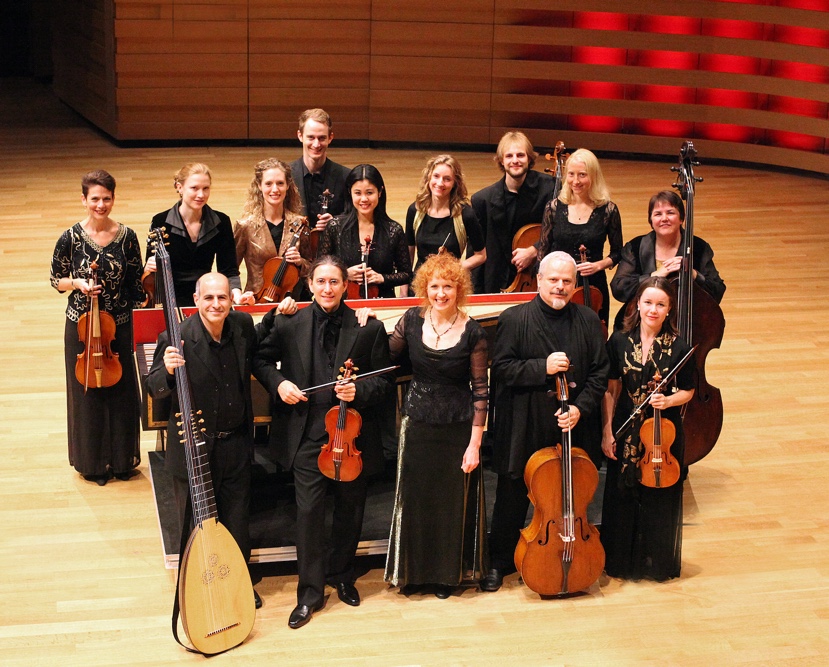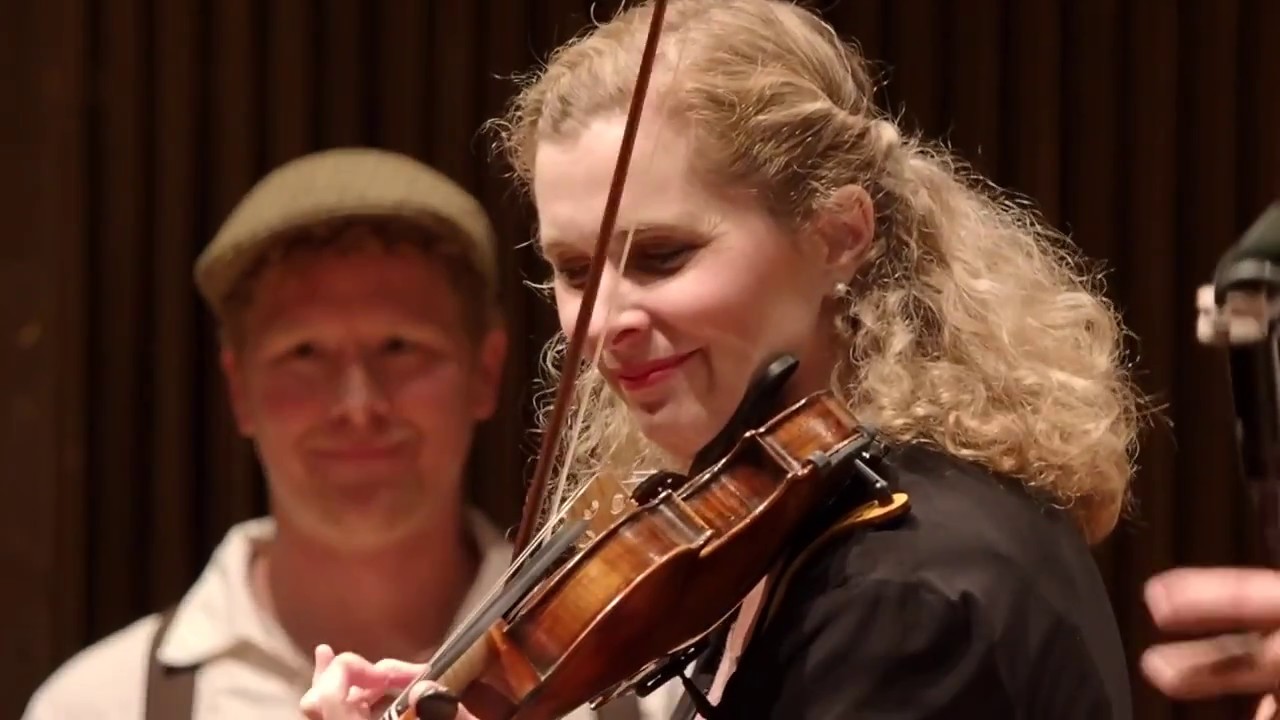by Daniel Hathaway

“They expressed an overwhelming preference for edited videos,” Founder and Artistic Director Jeannette Sorrell said in a Zoom conversation last week. “That gives us the opportunity to tweak audio quality and change up camera angles. My media team and I will be extremely busy the week after each concert this year. It’s going to be an adventure.”
That adventure begins this week, when Apollo’s Fire presents five live performances of “Resilience” in Akron, Shaker Heights, and Bay Village from October 8-11. “Three of the concerts sold out immediately through subscriptions,” Sorrell said, but under Ohio guidelines, the Orchestra can sell only 15% of a venue’s capacity.
In the meantime, a first-ever Saturday matinee has been added, but the majority of patrons will experience the show online. “I hope that people will think of the Watch-at-Home experience as a more comfortable alternative to the famously hard pews that are a frequent source of complaint,” Sorrel said. “They can sit on their cozy couches and enjoy the concert.”
The season opener has taken a very different tack from what Sorrell originally had in mind. “I planned to open the season with Mozart’s “Jupiter” Symphony. Then COVID came along.” Instead, “Resilience” will explore in words and music two previous plagues that challenged the resourcefulness of humankind: London in 1665, and the U.S. in 1865.
“It’s fascinating to read about,” Sorrell said. “The bubonic plague in London, then 200 years later, cholera and dysentery in America.” Adding to the suffering of Londoners, the Great Fire destroyed much of the city a year later in 1666. “That at least seems to have put an end to the plague — maybe it got rid of the rats.”
The two halves of this week’s program will each feature its own concertmaster: Olivier Brault for part one, and Susanna Perry Gilmore for part two. While that arrangement highlights aspects of the musical personalities of the two violinists, it also reflects uncertainties that continue to affect concert production. “At first, Susanna wasn’t available, but now she is, but can Olivier make it across the border from his home in Québec? He has an artist visa, but we’ll have to see,” Sorrel said.

Gilmore admires the flexibility that Apollo’s Fire has shown in the face of the pandemic. “They were very quick and agile in their ability to restructure programs — one of the benefits of an organization that size. Exploring humanity’s resilience through plague and war feels like alien terrain, but the current pandemic is not our first rodeo.”
The program features music by Purcell, Dowland, and Tomkins in the first half, then fiddle tunes, spirituals, folk and Sacred Harp music in the second. Musical selections will alternate with readings from Daniel Defoe, Samuel Pepys, Mary Chesnut, Frederick Douglass, Harriet Tubman, and Sojouner Truth.
Musicians joining Sorrell, Perry, and Brault include singers Amanda Powell and Ashlee Foreman, and instrumentalists Brian Kay, Emi Tanabe, Andrew Fouts, Kathie Stewart, Tina Bergmann, Rebecca Landell Reed, and guest lutenist Dr. Daniel Shoskes.
“It’s my hope that in the process of doing the program that we all learn more about our personal and collective resilience,” Gilmore said. “I think that the songs will be healing. It’s going to be an emotional week not only because of the programming, but because it’s the first time since March that we musicians have been together. I hope that wearing masks won’t be isolating — this will be my first experience. But I’ve not played with another human being since March.”
Published on ClevelandClassical.com October 5, 2020
Click here for a printable copy of this article



